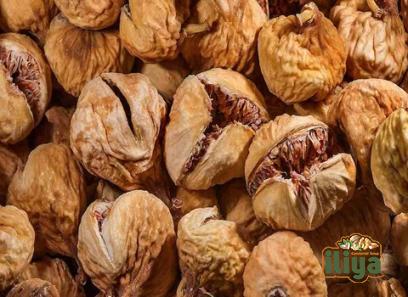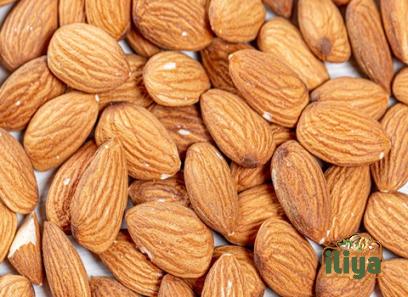The cashew nut industry in Odisha, India, has made significant strides in recent years, emerging as a key player in the state’s agriculture sector. Odisha, known for its favorable climatic conditions and fertile soil, has an ideal environment for cashew cultivation. In this article, we will provide an overview of the cashew nut industry in Odisha, discussing its production, challenges, opportunities, and the state government’s efforts to promote its growth.
1. Production of Cashew Nuts in Odisha:
Odisha is one of the leading cashew nut-producing states in India, contributing significantly to the national cashew production. The major cashew-growing districts in Odisha include Koraput, Rayagada, Malkangiri, Nabarangpur, and Ganjam. The state’s favorable climatic conditions, with an average temperature of 25-30 degrees Celsius, coupled with abundant rainfall and well-drained soil, create a suitable environment for cashew cultivation.
2. Challenges Faced by the Cashew Nut Industry in Odisha:
Despite the immense potential for cashew cultivation in Odisha, the industry faces several challenges that hinder its growth and profitability. Some of the key challenges include:
a. Limited Processing Capacity: The state lacks adequate processing facilities, resulting in a significant portion of cashew nuts being processed outside the state, leading to a loss of revenue and employment opportunities.
b. Low Productivity: Low productivity of cashew plantations in Odisha is primarily due to outdated cultivation practices, lack of modern technology adoption, and limited access to quality planting materials.
c. Market Linkages: Lack of efficient marketing and distribution infrastructure poses a challenge for cashew farmers, limiting their access to domestic and international markets.
d. Pests and Diseases: Cashew plantations in Odisha are susceptible to pests and diseases, such as tea mosquito bug, stem and root rot, and anthracnose. These can impact the yield and quality of cashew nuts.
3. Opportunities and Potential for Growth:
Despite the challenges, the cashew nut industry in Odisha also presents several opportunities for growth and development. Some of the key opportunities include:

a. Value Addition and Processing: There is a significant potential for value addition and processing of cashew nuts within the state, which can lead to increased revenue generation and employment opportunities for local communities.
b. Export Potential: Odisha’s cashew nuts have substantial export potential, with markets in countries like the United States, European Union, Middle East, and Southeast Asia. By tapping into these markets, the industry can enhance its profitability and growth.
c. Government Initiatives: The state government of Odisha has taken initiatives to support the cashew nut industry. These include providing subsidies and incentives for cultivation, processing units, and export promotion. Additionally, the government has focused on skill development programs for farmers and improving market linkages.
d. Organic Cashew Cultivation: The demand for organically grown cashews is increasing both domestically and internationally. Odisha’s favorable climatic conditions make it suitable for organic cashew cultivation, presenting an opportunity for farmers to tap into this niche market segment.
4. Government Efforts and Support:
The government of Odisha has recognized the importance of the cashew nut industry and has implemented various policies and schemes to promote its growth. Some notable initiatives include:
a. Cashew Development Corporation: The Odisha Cashew Development Corporation Limited (OCDC) was established to provide support and assistance to cashew farmers. It promotes cashew cultivation, provides access to planting materials, conducts training programs, and facilitates market linkages.
b. Subsidies and Incentives: The government offers subsidies on inputs such as planting materials, fertilizers, and equipment to improve productivity and encourage farmers to adopt modern cultivation practices. Incentives for setting up processing units and export promotion have also been provided.
c. Skill Development: To enhance the skills and knowledge of cashew farmers, the government conducts training programs focused on modern cultivation practices, pest and disease management, and value addition techniques.
d. Market Promotion: The government facilitates participation of cashew farmers and processors in domestic and international trade fairs and exhibitions to showcase their products and explore potential buyer-seller linkages.
Conclusion:
The cashew nut industry in Odisha has immense potential for growth and development, given the state’s favorable climatic conditions and fertile soil. However, several challenges such as limited processing capacity, low productivity, and market linkages need to be addressed. With government support, value addition, export promotion, and skill development programs, the industry can overcome these challenges and harness its opportunities for growth. Additionally, focusing on organic cashew cultivation could cater to the growing demand for organic nuts in the global market. By investing in infrastructure, technology, and research, Odisha’s cashew nut industry can become a major contributor to the state’s economy, creating employment opportunities and improving the livelihoods of cashew farmers.Title: Overview of the Cashew Nut Industry in Odisha
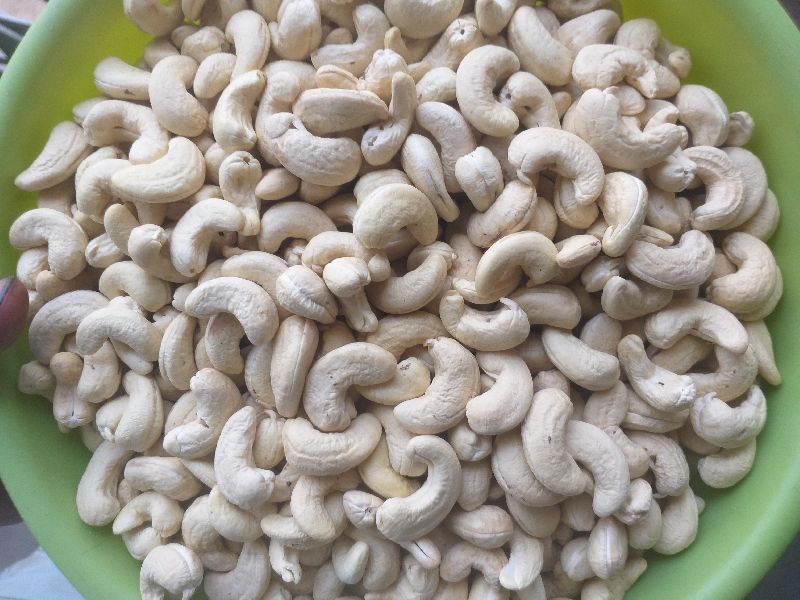
Introduction:
The cashew nut industry in Odisha, India, has made significant strides in recent years, emerging as a key player in the state’s agriculture sector. In this article, we will provide a detailed analysis of the cashew nut industry in Odisha, covering topics such as cultivation practices, processing and value addition, market trends, challenges, and opportunities for growth.
1. Cashew Nut Cultivation Practices in Odisha:
Cashew nut cultivation in Odisha follows traditional practices, with small and marginal farmers contributing to the majority of production. The state government, along with agricultural research institutes, has been promoting modern cultivation practices to improve productivity. This includes the use of high-yielding cashew varieties, proper spacing during planting, appropriate soil nutrition management, and efficient irrigation techniques.
2. Value Addition and Processing:
The cashew nut industry in Odisha has significant potential for value addition and processing. While the state currently relies on processing units outside its borders, establishing processing facilities within the state would create employment opportunities and enhance revenue generation. Value addition activities like roasting, salting, and flavoring can help meet consumer demands and cater to niche markets.
3. Market Trends and Export Potential:
Cashew nuts from Odisha have considerable export potential, with demand growing in countries like the United States, European Union, Middle East, and Southeast Asia. The industry needs to focus on enhancing quality and meeting international food safety standards. Developing export-oriented infrastructure and ensuring traceability of products from farm to market are crucial for expanding the export market share.
4. Government Support and Initiatives:
The government of Odisha recognizes the importance of the cashew nut industry and has implemented various measures to support its growth. These include providing subsidies on inputs like planting materials, fertilizers, and equipment, and incentives for setting up processing units and export promotion. The promotion of skill development programs for farmers and creating market linkages are also part of government initiatives.
5. Strengthening Market Linkages:
Efficient marketing and distribution infrastructure is crucial for the growth of the cashew nut industry. The government of Odisha has been engaging in initiatives to establish market linkages by facilitating participation in trade fairs and exhibitions. The promotion of cashew nut clusters, where farmers and processors can collaborate and share resources, can also help strengthen market linkages.
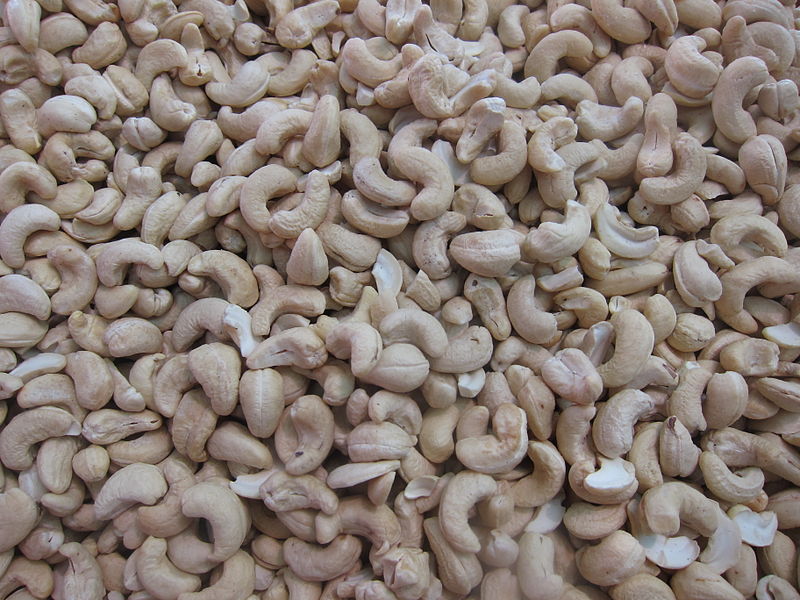
6. Challenges Faced by the Industry:
Despite its potential, the cashew nut industry in Odisha faces several challenges. Limited processing capacity and the reliance on external processing units pose a roadblock in maximizing revenues and employment opportunities within the state. Furthermore, low productivity due to outdated cultivation practices, lack of access to quality planting materials, and pest and disease management are significant concerns that need to be addressed.
7. Addressing Pests and Diseases:
Pests and diseases, such as the tea mosquito bug, stem and root rot, and anthracnose, can significantly impact the yield and quality of cashew nuts. Research and development efforts, along with the support of agricultural extension services, are crucial to educating farmers on effective pest and disease management strategies. Promoting organic cultivation methods can also help reduce reliance on chemical pesticides.
8. Organic Cashew Cultivation:
The demand for organic cashews is on the rise, both domestically and internationally. Odisha’s favorable climatic conditions make it ideal for organic cashew cultivation. Stronger support and incentives for organic farming practices can encourage farmers to tap into this niche market segment and command premium prices for their produce.
9. Infrastructure Development:
Investments in infrastructure development, such as processing units, storage facilities, and transport networks, are vital to support the growth of the cashew nut industry. The establishment of cluster-based infrastructure where farmers and processors can pool resources and share facilities would aid in cost reduction and improved efficiency.
10. Skill Development and Training Programs:
Enhancing the knowledge and skills of cashew farmers is crucial for improving productivity and product quality. Training programs on modern cultivation techniques, post-harvest handling, and value addition can be organized at the village and district levels. Collaboration with agricultural research institutes and industry experts can ensure the dissemination of best practices and knowledge transfer.
11. Collaboration with Research Institutes:
Partnerships between the cashew nut industry and agricultural research institutes can play a significant role in addressing challenges, improving cultivation techniques, and promoting innovation. Research initiatives focused on developing disease-resistant varieties, optimizing fertilizer usage, and enhancing post-harvest processing techniques can contribute to the industry’s growth.
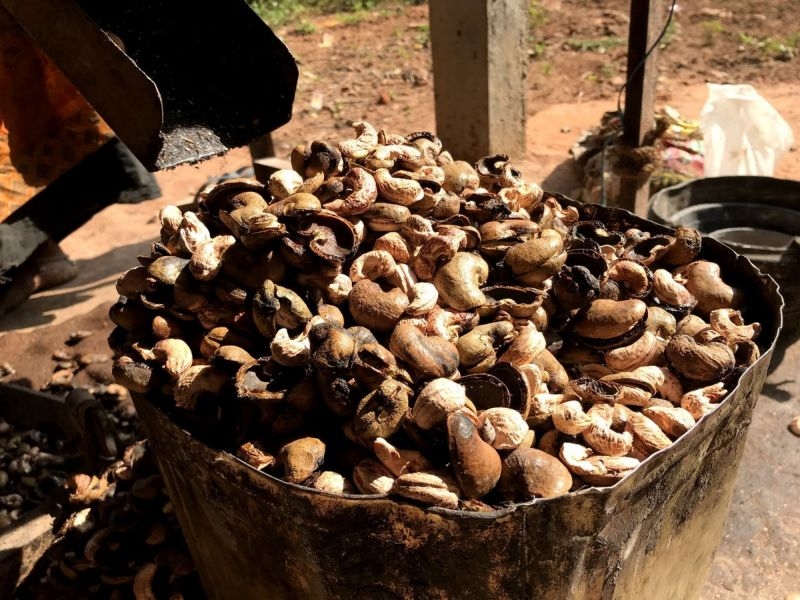
Conclusion:
The cashew nut industry in Odisha has tremendous potential for growth and development, provided adequate measures are taken to address the challenges it faces, such as limited processing capacity, low productivity, and market linkages. The government’s support, including subsidies, incentives, and skill development programs, along with investments in infrastructure and research, will be instrumental in unlocking the industry’s potential. By leveraging market trends, strengthening market linkages, and exploring value addition opportunities, Odisha’s cashew nut industry can emerge as a significant contributor to the state’s economy, improving the livelihoods of farmers and creating employment opportunities.







